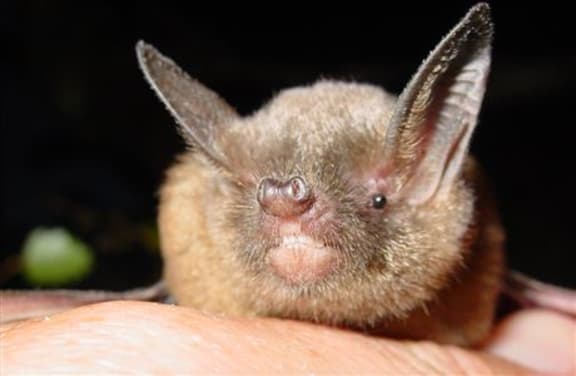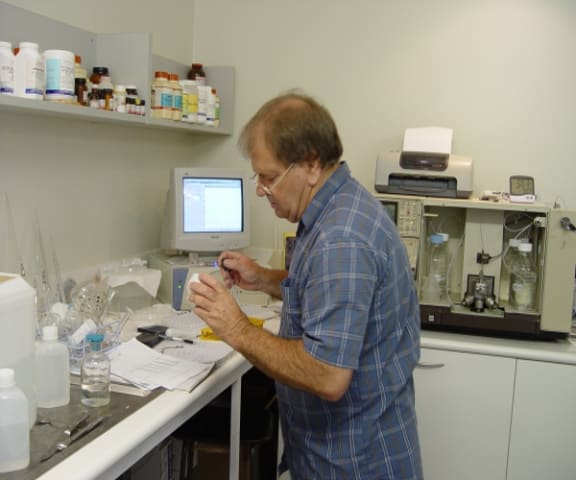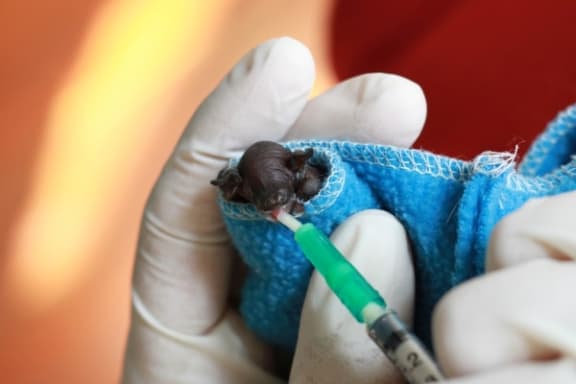This Way Up for Saturday 10 March 2018
This Way Up for Saturday 10 March 2018
Telling porkies: the big bacon cover up, baby formula for exotic animals and Bits+Bytes (broadband, space race and #Alexalaughs)
Telling porkies: the big bacon cover up
"The real scandal of bacon...is that it didn't have to be anything like so damaging to our health...The fact that this is so little known is tribute to the power of the meat industry, which has for the past 40 years been engaged in a campaign of cover-ups and misdirection to rival the dirty tricks of Big Tobacco." Bee Wilson in The Guardian
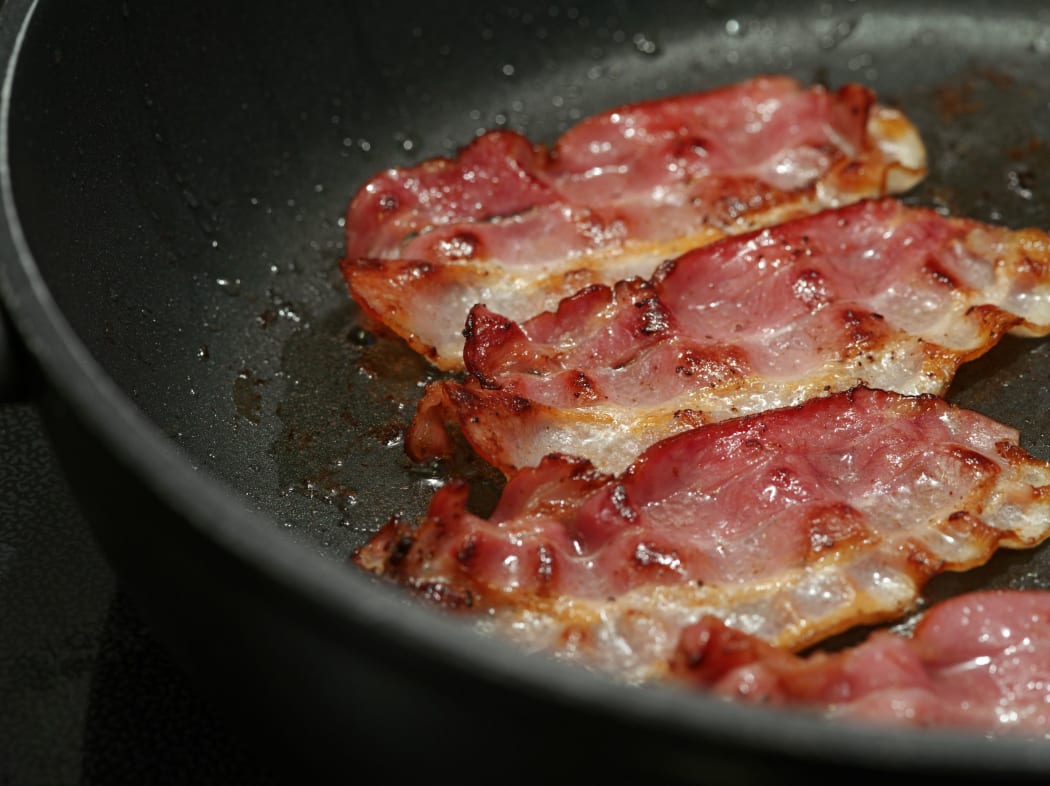
Photo: 123RF
The news that eating 50 grams of processed meat a day (about 2 rashers of bacon) would increase your risk of getting colorectal cancer by 18 percent freaked out many consumers when it was first released by the World Health Organisation in October 2015.
The WHO also cited an independent study saying that around 34,000 cancer deaths per year worldwide could be attributed to diets high in "processed meat" which it defined as meat that has been "transformed through salting, curing, fermentation, smoking, or other processes to enhance flavour or improve preservation".
But according to food writer Bee Wilson the meat industry has been well aware of the dangers of eating processed meat for decades before this, and has been concealing it from consumers.
Consumers deserve to be better informed, Wilson says.
She says studies on animals in the 1950s indicated additives used in processed meat - potassium nitrate and sodium nitrite - are carcinogenic.
“We’re pretty confident these things are making thousands of people have preventable cancer every year – I personally would take them out.”
Wilson says it's possible to preserve meat using other chemicals - such as Parma ham producers in Italy who removed all nitrites from their products in the 1990s.
"To many consumers, bacon is not just a food; it is a repository of childhood memories, a totem of home...To be told that bacon had given millions of people cancer was a bit like finding out your granny had been secretly sprinkling arsenic on your morning toast." Bee Wilson in The Guardian
Exotic milk a winning formula
Milking a rhino, giraffe or a bat wouldn’t be an easy job – so the Australian company making ‘baby food’ for the young of all these, and more, is in demand.
No species is too obscure for the family-run firm, Wombaroo, to recreate its milk in the lab.
It supplies milk replacements for a menagerie of exotic animals to zoos, animal parks, and pet owners around the world.
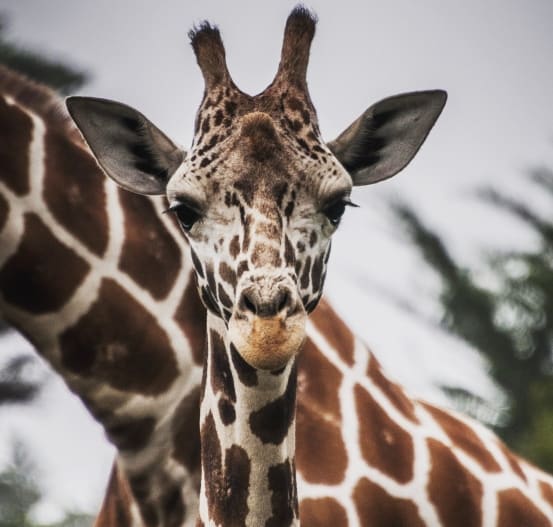
Baby giraffe (Photo by Juan Carlos Gomez on Unsplash) Photo: (Photo by Juan Carlos Gomez on Unsplash)
In New Zealand, its ‘bats' milk’ has been fed to a baby lesser short-tailed bat at Auckland Zoo, and its tailored diets are used to help endangered bird species including the kakapo.
Gordon Rich runs the company, set up by his father Brian, a biochemist.
Rich says his father was interested in birds and discovered there wasn’t much nutritional science behind their feeding.
He came up with some formulations “on the kitchen bench at home” and eventually presented a paper at a wildlife veterinary conference in 1984. “There was a huge amount of interest. I think people had seen a lot of problems with our native animals.”
The firm became known for being able to formulate products for unusual animals and started to get enquiries from zoos and breeders of domestic animals and Australian native animals.
It has a standard 24 species-specific milk replacements
The company also does custom-designed milks, when it gets the call.
“And it’s usually on the weekends or late at night when a zoo has got a strange animal that’s bred and they suddenly need some milk.”
The latest is a zoo near Adelaide which has a giraffe that isn’t nursing her newborn. “It’s putting on about 10kg a week. They have to get up on a stepladder to feed it, it’s over seven feet tall at the moment.”
It's also done formulas for lions, tigers, cheetahs, elephants and rhinos.
Luckily for the company, it's not necessary to physically milk an animal to work out the formula for the species - the information is mostly in published papers.
Bits+Bytes: pricier broadband and #alexalaughs

Photo: Supplied / Rocket Lab
Has New Zealand entered the space race in earnest? After the recent Rocket Lab launch, a conference at Te Papa hears plans to position the country as a base station for the global satellites sector.
Also competition in the broadband market has been pushing prices down, but will looming regulation see rates rise again for consumers?
Meanwhile, Google rolls out free calls to mobile phones and landlines from its home assistant, Google Home.
And sticking with these voice-activated digital assistants, Emily Wang of Datacom on reports that users of Amazon's Alexa system are hearing the unit emit strange, "witch-like" laughter (if you do a search of #alexalaughs on Twitter, you'll see many funny/creepy examples).
